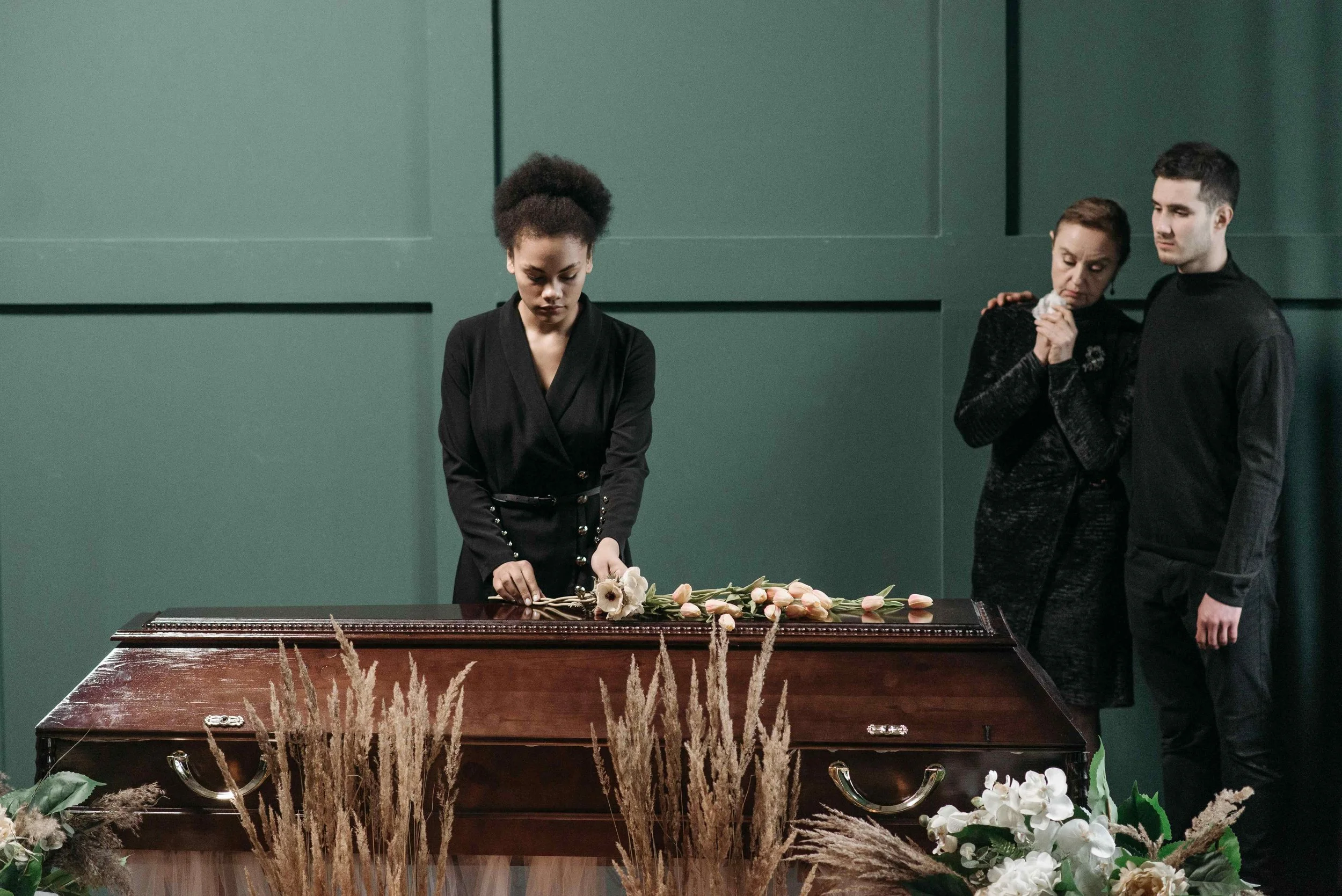
Grief & Loss
Grief Doesn’t Just Fade—It Changes You, and That’s Okay
You thought it would hurt less by now. That time would soften the edges, make the loss feel a little lighter.
But here you are—carrying it, feeling it, wondering if anyone truly understands how deep it runs.
Grief isn’t just sadness. It’s emptiness. It’s exhaustion. It’s anger that doesn’t always have a place to go. It’s living in a world that keeps moving while a part of you feels stuck in place.
People say, “Time heals.” But what if time just makes the absence feel bigger?
Therapy won’t erase the pain. But it can help you navigate the weight of loss, find strength in your grief, and figure out how to move forward in a way that feels right for YOU—not the way others expect you to.
Because grief isn’t about forgetting. It’s learning how to carry love and loss—together.
Common Questions
-
Grief doesn’t follow a timeline. It shifts, it evolves, but it doesn’t just disappear. Healing isn’t about “moving on”—it’s about learning how to live with loss in a way that feels manageable.
-
Absolutely! Therapy gives you a space to process emotions, find ways to cope, and move through grief without feeling alone.
-
Deep sadness, loneliness, and a sense of emotional loss
Anger—at life, at others, at the unfairness of it all
Guilt—wondering if something could have been different
Numbness—feeling disconnected, struggling to engage in life
-
Grief counseling—guides you through different stages of loss
Cognitive Behavioral Therapy (CBT)—helps manage overwhelming emotions and thoughts
Mindfulness & acceptance therapy—creates space for healing, without pressure to “move on”
-
Grief may always be part of your story. But it doesn’t have to consume your life. Therapy helps you honor your loss while still allowing yourself to live.
-
Yes. Virtual therapy allows you to receive support and guidance from the comfort of home—so you never have to go through healing alone.
Find Space to Heal—Without Pressure to “Move On”
Process Loss Without Feeling Rushed
People may assume you should be “better” by now—that time alone will do the work. But grief isn’t linear, and healing has no set timeline. Therapy gives you the freedom to move forward at your own pace, honoring your emotions without feeling guilty for what still hurts.
Manage Overwhelming Emotions
Grief isn’t just sadness—it’s everything all at once. Anger, guilt, numbness, exhaustion. One moment you feel okay, the next you don’t. Therapy helps you navigate the emotional rollercoaster, giving you strategies to process pain, handle triggers, and cope with the unpredictable nature of loss.
Find Strength in Your Story
Grief changes you. But it doesn’t mean you have to lose yourself. Therapy helps you rebuild—on your terms, in a way that feels right, without pressure to “move on” or pretend you’re okay when you’re not. Healing doesn’t mean forgetting—it means learning how to carry love and loss together, in a way that allows you to live fully.
Grief is hard, but you don’t have to figure it out alone.
The world keeps moving. People expect you to be “okay” by now.
But you still feel the weight of loss every single day.
Grief isn’t just something to “get through.” It’s something to learn how to carry, with support and understanding.
Therapy helps you process grief in your own time, find strength beyond the pain, and live in a way that feels meaningful—without forgetting, without forcing healing, but with the support you deserve.
If you’re ready to find relief without pressure, we’re here to help.
Because grief doesn’t just go away—but healing is possible.


